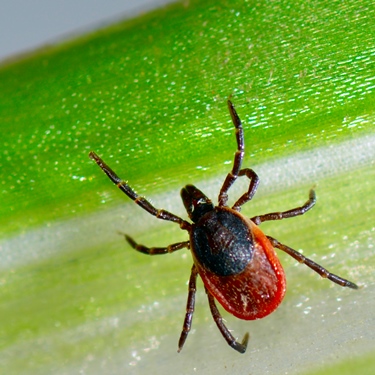With Spring bringing back ticks to the area again, the Saskatchewan Ministry of Health is reminding people to make sure one doesn’t hitch a ride on their skin or with their pets.
The early spring brings the bugs to the province again, and while numbers of the black-legged ticks, which can cause Lyme disease, are rare in Saskatchewan, the American dog tick can also be a nuisance.
While dog tick season tends to end by the last days of July, black-legged ticks can hang around until the fall. Ticks can be found in tall grass, brush, or wooded areas.
What to do if a tick is on you
People can prevent a tick from getting on them by taking several steps if they’re in an area they could be. Wear pants, long-sleeved shirts, and shoes that do not expose bare feet. If necessary, wear socks over pant legs to prevent one crawling up a leg, and wear a light colour to see them easily.
People can also wear a DEET bug spray on their clothes. After they’ve been out, shower or bathe to do a full body check for and wash off loose ticks. They should also check their pets for ticks as well.
If someone finds a tick burrowed in, take a pair of tweezers to pull it out as close to the mouth part as possible in one smooth, straight, slow, firm motion. Be careful not to crush the bug, and do not use gasoline, vaseline or other harmful substances to get the bug off.
Ticks can be euthanized when removed by putting them in a bag in the freezer for 24 hours.
Residents can help in the testing process to identify black-legged ticks
The provincial health ministry is also calling on people to help in the testing process for black-legged ticks.
After euthanizing the bug, people should keep them in a secure container and take a photo, submitting it online through the eTick portal. This has replaced mail-in submissions unless solicited. This can not only identify the ticks found but also help track where they are found.
In 2020, 2,678 ticks were identified in Saskatchewan and only 12 were black-legged ticks. Of these, seven physical specimens were submitted for testing, and three tested positive for the bacteria that causes Lyme disease.


